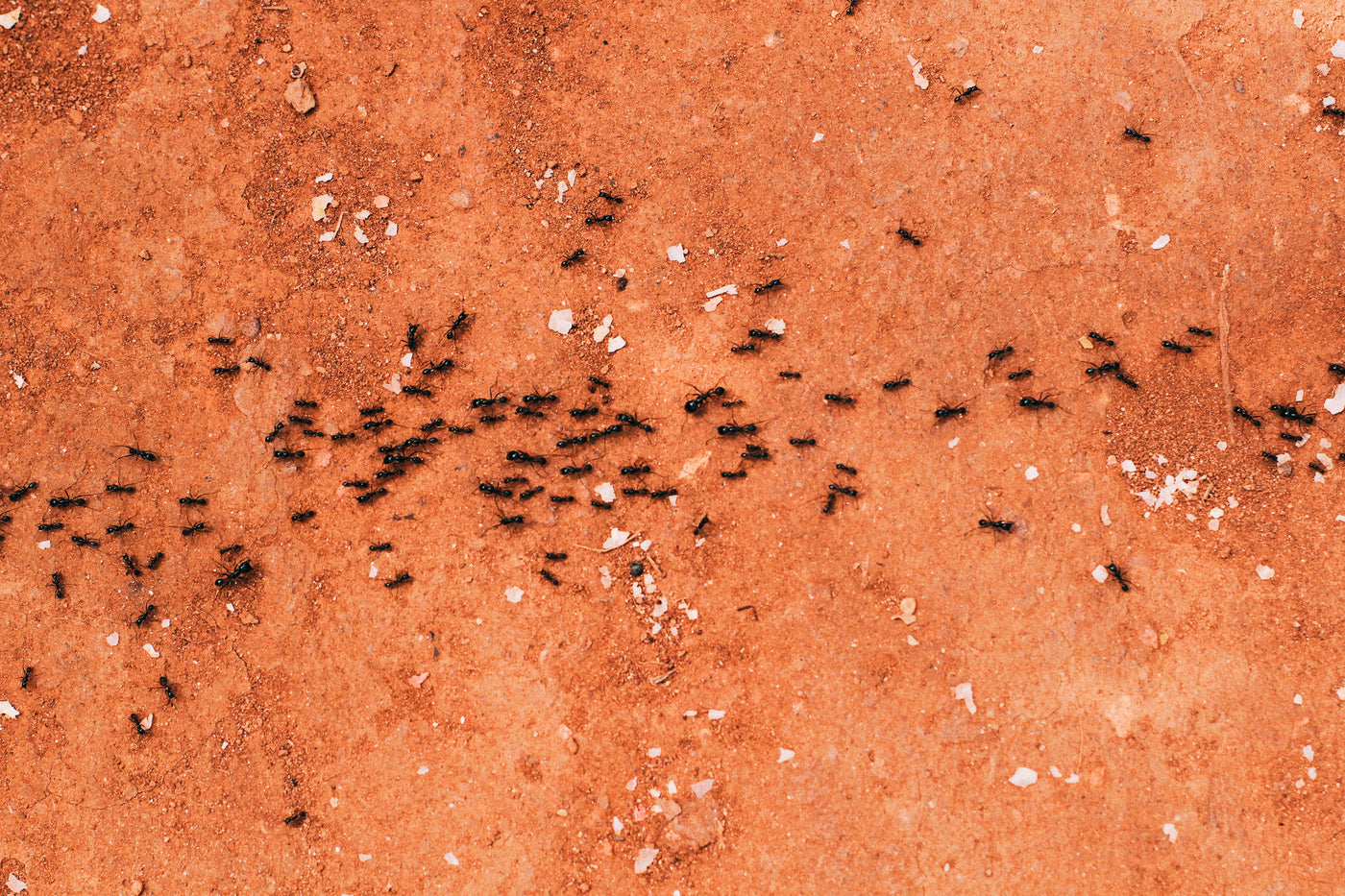Your Cart is Empty

Ants are remarkable creatures with diverse species and complex social structures. Understanding the lifespan of ants provides insights into their behavior, reproductive patterns, and the functioning of ant colonies.
If you have recently started your own ant colony, good for you! It's going to be a delightful journey going forward.
In the article below, we will inform you how long do ants live, what are the different ant lifespans, and how you can help your ants live longer healthier lives. So let's get started.
Ant lifespan varies depending on the species and the role of the individual ant within the colony. Generally, worker ants, which make up the majority of the colony, have a relatively short lifespan ranging from a few weeks to a few months.
Queen ants, on the other hand, have much longer lifespans, ranging from several months to several decades.
Worker ants are the backbone of the colony, carrying out essential functions necessary for its survival and growth. Some tasks they are involved in are:
The demanding nature of their tasks, combined with environmental factors and exposure to potential hazards, contributes to their relatively shorter lifespans. Factors that influence the worker ant's lifespan include:
More details on this below.
Different ant species have different lifespans. Some species, like the Pharaoh ant (Monomorium pharaonis), have shorter lifespans of a few weeks to a few months. Others, like carpenter ants (Camponotus spp.), can live for several years.
Within ant colonies, there are different castes or classes of ants, each with its specific role and lifespan. Worker ants, as mentioned earlier, have shorter lifespans, while queen ants can live significantly longer.
Environmental factors play a crucial role in determining the lifespan of ants. Adequate food availability, suitable temperature, and humidity levels can contribute to a longer lifespan for individual ants and the overall health of the colony.
The presence of predators, such as other insects, birds, or mammals, can impact the lifespan of ants. Additionally, exposure to environmental hazards like extreme weather conditions or chemical pesticides can significantly affect ant lifespan.
Due to the increased air, water, and soil pollution prevalent in modern society, ant lifespans have taken a hit as well.
The division of labor within ant colonies contributes to their efficiency and survival. Worker ants, with their shorter lifespans, take on the tasks that are necessary for the daily functioning of the colony.
As worker ants age, they may transition to different roles within the colony, such as becoming foragers or nest defenders.
For example, younger worker ants may focus on tasks within the nest, such as caring for the brood, while older workers may shift to outside tasks like foraging. This flexibility in task allocation helps optimize colony efficiency and compensate for the natural decline in physical abilities of aging worker ants.
If you have your own ant farm, then you will be able to watch this transition in real-life. We sell high-quality ant keeping and ant farm products, so check us out. In addition to our ant gear, we also design and develop our own line of tarantula enclosures and reptile enclosures.
The survival and growth of ant colonies rely on the reproductive capabilities of queen ants. Queen ants mate during their early adult stage and store sperm in specialized organs. The stored sperm allows them to lay eggs throughout their lifespan without the need for repeated mating.
This continuous egg-laying ensures the production of new generations of worker ants to sustain the colony.
Since the queen ant is the reproductive powerhouse of the colony, she also has a longer lifespan than others in the ant colony. She is responsible for laying eggs. The ability of queen ants to continuously reproduce ensures the colony's long-term survival by replenishing worker populations and maintaining the genetic diversity of the colony.
Depending on the species, queen ants can live for several months to several decades. Some queen ants, such as the Lasius niger species (also commonly known as the common black ant or black garden ant), have been known to live for up to 30 years.
The division of labor and lifespan variation among different castes of ants highlight the interdependence and social cohesion within ant colonies. The collective effort and cooperation of worker ants, coupled with the reproductive capabilities of queen ants, form the foundation of a successful ant society.
Each caste plays a crucial role, and the balance between them ensures the survival, growth, and resilience of the entire colony.
This balance is something you are going to have to work at keeping in your own ant farm when you become an amateur ant keeper.
Now you realize how complicated an ant colony and its various members can be. Knowing how long do ants live isn't simple.
An ant colony is complicated, versatile, diverse, and ever-changing. It's a fascinating thing to take on as a newbie ant keeper.
If you are still looking for ant gear, then we have you covered. Check out our online catalog for anything ant-related you could possibly want. Everything we sell comes with detailed instructions and reliable support from our knowledgeable team, so you are never on your own.
Let's create a captivating ant habitat and nurture a thriving ant colony together!!